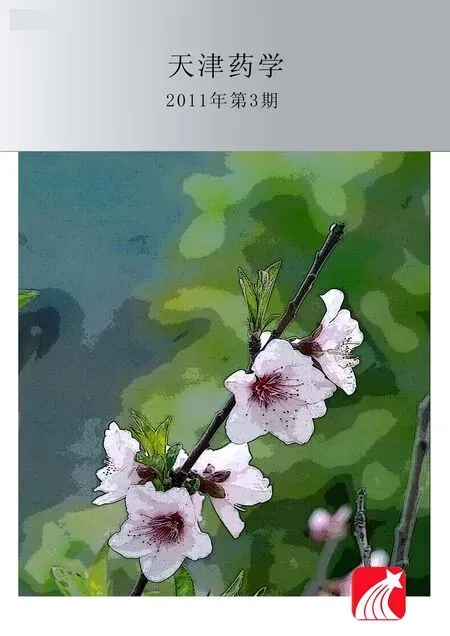Cases analysis of rational use of medicine (47) Salt-Sensitive Hypertension
1.Patient'sconditions
A Patient,68-year-old male,has had hypertension for years.
ECG:Left ventricular hypertrophy (LVH)
Urine examination:albuminuria>50 mg/24 h
Ocular fundus examination:arteriolosclerosis
The patient has salty diet habit and excessive salt intake often causes extremely rising of BP and restriction of salt can lower raised BP.
2.Drugadministration
felodipine tab(plendil) 5 mg qd
indapamide tab 1.5 mg qd
3.Analysis
(1)Population studies
In most populations,a correlation exists between the levels of usual dietary sodium intake(almost always estimated from 24 hour urine sodium excretion) and the average BP.Elliott has plotted the data from 28 populations around the world for 50-year-old men,showing a significantly positive association that has a slope of 10 mmHg for systolic blood pressure per 100 mmol of dietary sodium.The relation between mean sodium intake and the slope of BP change with age,as estimated from pressure taken among subjects 20 and 50 years old,is also significantly positive.The slope of BP rise with age is significantly related to the level of sodium intake.In the trials of hypertension prevention study,a moderate reduction of dietary sodium intake has been shown to reduce the BP of people with high normal BP in the 80 to 89 mmHg diastolic range.
A much larger number of controlled studies have been performed on hypertensive subjects to determine whether sodium restriction will reduce established high BP.Law et al analyzed 68 crossover trials and 10 randomized controlled parallel trials of dietary sodium restriction.They noted a greater degree of BP fall after at least 5 weeks of sodium restriction,the higher the initial level of BP and the older the age of the subjects.
(2)Salt-Sensitive Hypertension
Not all people have BP rising response to excessive salt intake,increased salt intake does not raise BP in all hypertensive persons.Those with genetic salt sensitivity,such as older,black and diabetic hypertensive persons,are subject to salt sensitive hypertension.Salt-sensitive subjects tend to have lower renin levels,and higher plasma or urinary catecholamine levels.In some studies,they often have defects of membrane ion transport and renal malfunction of sodium excretion.The BP difference between day and night becomes reduced.Early target organs impairments develop,such as increased excretion of minute albumin urine,decreased creatinine clearance and left ventricular hypertrophy indicative of involvement of heart and kidney.
(3)Lifestyle modifications and drug interventions
Epidemiological studies and clinical trials have established a relationship between dietary sodium intake(sodium salts other than sodium chloride may not have the same effect.)and BP levels.(BP rising or falling of patients with salt sensitivity as increase or decrease of dietary salt intake)The relationship is strongest for systolic pressure and is probably greater in blacks and elderly patients as well as in women.Counseling should aim for an intake of less than 2.5 g sodium(<6 g of salt)per day.We should understand most salt is not only primarily ingested due to habits of cooking and salting at the table. but also through processed foods.Therefore,salt restriction around us, behavioral changes are helpful to hypertensive patients.
Calcium channel blockers(CCBs) and Diuretics are first recommended for salt-sensitive hypertension(in this case).CCBs,especially dihydropyridines,enhance renal blood supply and glomerular filtration rate (GFR),lower renal blood vessels resistance,diminish renal tubular sodium reabsorption and improve urination.
Diuretics reduce extracellular fluid volume as the predominant mechanism for BP reduction,restriction of dietary sodium must be combined with the use of these agents.In certain patient groups,particularly blacks,the elderly,and the obese,volume expansion appears to play a central role in the pathophysiology of their hypertension.Accordingly,in these patients,diuretics are especially effective antihypertensive agents.

